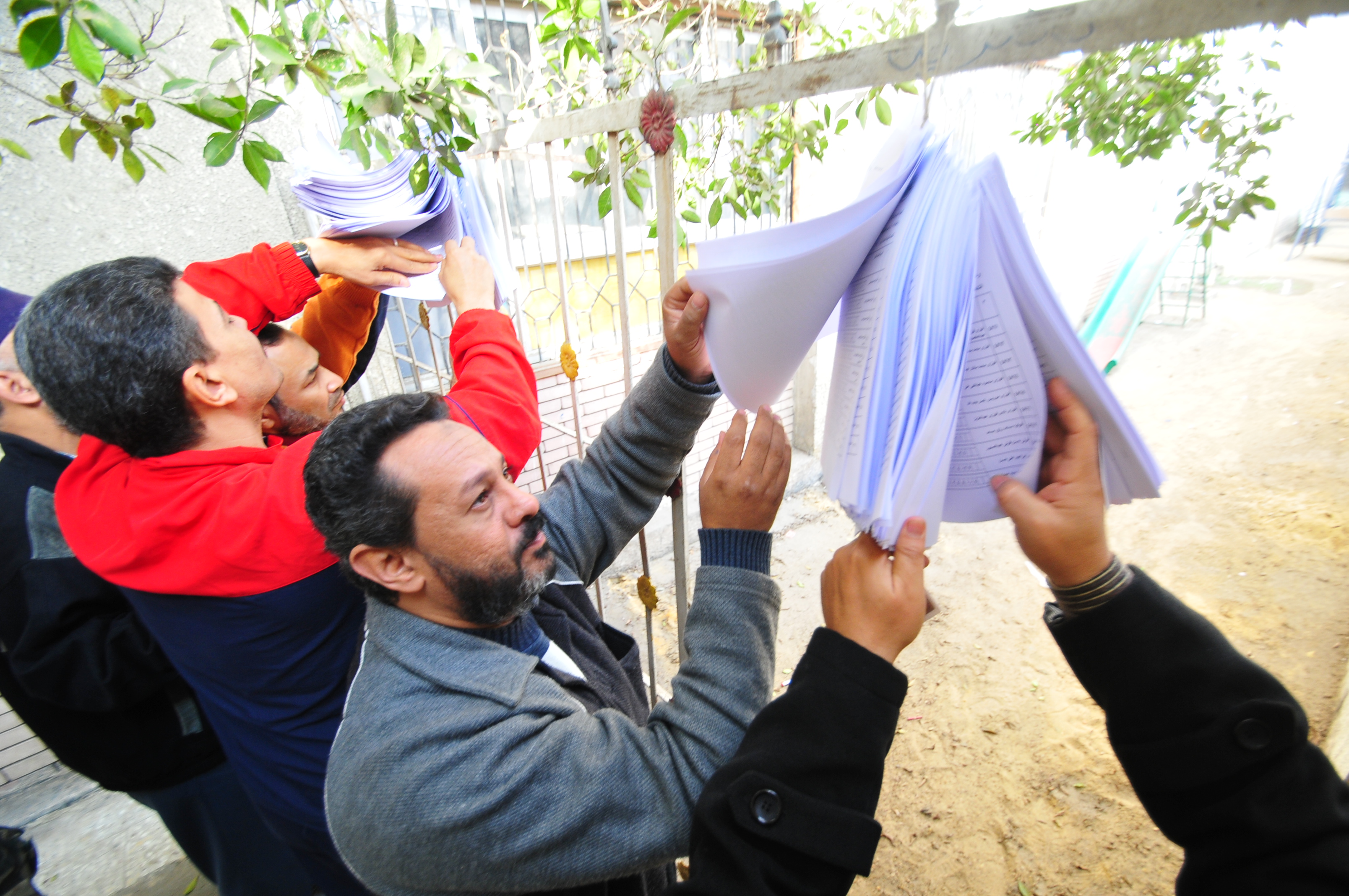Egyptian Foreign Minister Badr Abdelatty and his Hungarian counterpart, Peter Szijjarto, met in Cairo on Tuesday, where they signed a memorandum of understanding on cooperation between Egypt’s El Dabaa nuclear power plant and Hungary’s Paks 2 nuclear power plant.
The two ministers also held extensive discussions on a range of bilateral, regional, and international issues, including the ongoing conflicts in the Middle East and Africa.
During the meeting, Abdelatty emphasised the importance of continuing to strengthen political relations and bilateral consultations between Egypt and Hungary. He expressed appreciation for Hungary’s supportive stance on several issues, particularly praising the signing of the strategic partnership agreement between the two countries. Abdelatty also highlighted the need to maintain the regular convening of Egyptian-Hungarian business forums in areas of mutual interest.
The minister stressed Egypt’s commitment to expanding economic cooperation with Hungary to include the sectors of energy, industry, tourism, vaccine and medical supplies production, the peaceful use of nuclear energy, and trilateral cooperation in Africa. He welcomed the results of the fourth round of the joint economic committee held in Budapest in 2023 and expressed his anticipation of the fifth round, scheduled to take place in Cairo in March 2025.
The meeting addressed the Israeli aggression on Gaza and the West Bank, with Abdelatty highlighting Egypt’s ongoing efforts to achieve an immediate ceasefire and ensure the delivery of humanitarian aid to Gaza. He stressed the urgent need to stop the targeting of civilians, infrastructure, and UN shelters.
The escalation on the Lebanese-Israeli border was also discussed, with Abdelatty emphasising Egypt’s unwavering commitment to preventing the expansion of the conflict and the deterioration of the situation, guaranteeing regional stability.
The ministers discussed developments in the Sudanese crisis, the current situation in Libya, and the latest developments in the Syrian crisis. They also addressed the growing risks posed by the ongoing tensions in the Red Sea and their impact on maritime navigation and international trade.
Abdelatty underscored the importance of the Egyptian water security issue and the need for a legally binding agreement on the filling and operation of the Grand Ethiopian Renaissance Dam (GERD). He firmly rejected any unilateral actions or actions that could harm downstream countries.



